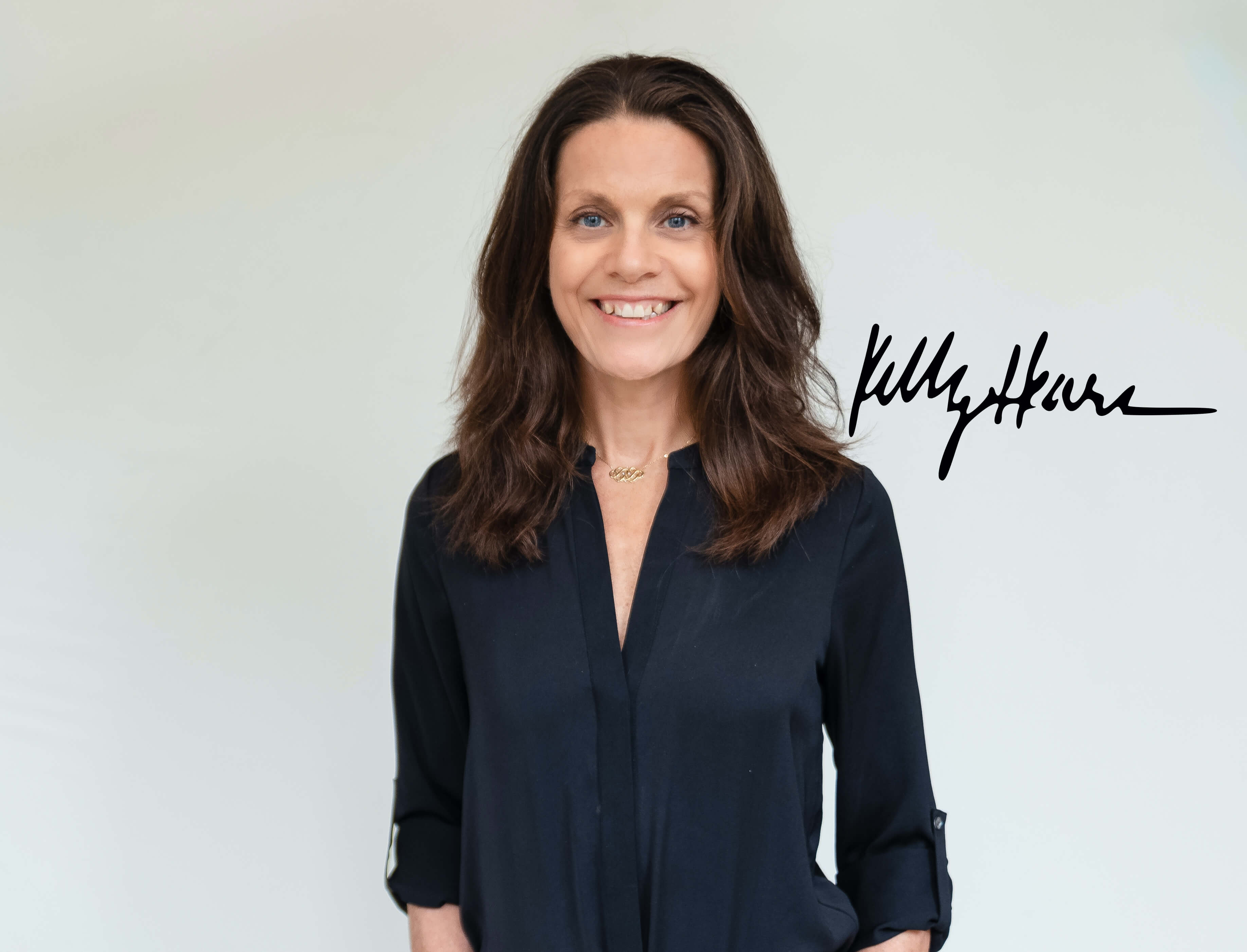Note: Dear Therapist is combining two letters this week that both address the issue of 'hybrid living' as we move forward without further Covid-related restrictions.
Dear Therapist,
I am a writer and regularly meet new people to pitch my work. I know restrictions have ended in England so the expectation is that things go back to in-person meetings. However, I have a compromised immune system and remain nervous about contracting the virus so would prefer to stay on Zoom. However, I don't want this to come off as seeming unenthusiastic or not committed to these engagements. What to do?
Dear Therapist,
After nearly two years of lounging at home, I confess I am quite used to my main form of communication being online. Not only work and shopping, but also talks and events seem to work quite well this way and offer a convenience I am loathe to give up. Still, I wonder if I should be pushing myself to get out a bit more. I haven't been in the best mental space throughout the pandemic and imagine life behind a screen isn't helping.
Dear all of us trying to figure out what the 'hybrid world' is going to look like now that restrictions aren't guiding us:
When I travelled home over Christmas and Omicron was causing havoc to everyone's best laid plans, my family and I adapted an approach of 'fluid and transparent' to managing our comings and goings. As in we would remain fluid in response to changes in circumstances like regulations, our health and ensuing levels of caution. And we would also stay transparent, in clear communication about our feelings and needs in light of all of the above.
This approach worked well, and is one we can apply to the pervasive question of how to live in a world where restrictions have ended but Covid is still alive and circulating around us. And the answers will differ as they derive from a very personal process taking into consideration individual health and risk tolerance. So we now have new freedoms, but also the responsibility to set the 'new rules' ourselves which means getting clear how we feel in light of changing circumstances, and communicating our preferences and needs to others.
I would encourage anyone who, like the first writer, has health concerns to be open with contacts - you can be up front about both your enthusiasm for meetings and your caution about face-to-face engagements at this time. The pandemic period has crystalised the importance of self-care, and of more of an openness and assertiveness in prioritising it. I hope we all take this responsibility seriously as this feels a healthy shift, one that goes beyond virus-related issues and extends to our wellbeing in general. We can't expect employers, colleagues or even partners to 'just know' what we need; we can make it easier on everyone by articulating it ourselves.
For the those of us like the second writer who experience a noticeable inertia keeping us home but sense that getting out from behind the screen might be helpful, I would encourage following that intuition. When we feel low, the inclination is to retreat, isolate even though social connection - the very thing we have been deprived of - is what could help us most in these circumstances.
Even before Covid, 'contactless' was becoming increasingly our way of life, a shift that contributed to what economist and author Noreen Hertz has called a global loneliness crisis adversely affecting our collective health. The necessary reliance on screens during the pandemic has only exacerbated this trend and is likely contributing to the increase in mental health challenges we've seen over the last years.
As we feel our way around new freedoms, it is important for us to get really intentional about how we interact with each other. At times, convenience can and will be the most important consideration, and the online option may be best suited. But not always, and not by default. After months of lockdowns, self-isolation and social distancing, many of us could use a little more 'collective effervescence' - a term coined by the early 20th century sociologist Emile Durkheim to describe the sense of energy, harmony and joy that arises when we come together for a shared purpose.
So I'd encourage all of us to pause and reflect what we need most at this time now that Boris's updates aren't guiding our actions. Perhaps we continue to curtail movements because that's what supports our health, and in some cases time management. Or maybe this means resisting 'HOGO' the 'hassle of going out' feeling that seems pretty present! to re-engage with others and enjoy the interconnectedness that supports our wellbeing. It's up to us as individuals to make the call s . It helps to remain fluid and transparent!
Yours,

Do you have a question for Dear Therapist? Send it to [email protected] with Dear Therapist in the subject line and Charlotte Fox Weber or Kelly Hearn will get back to you.

